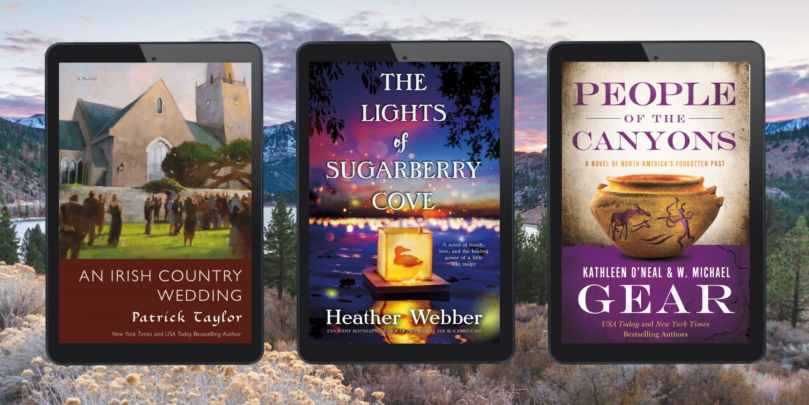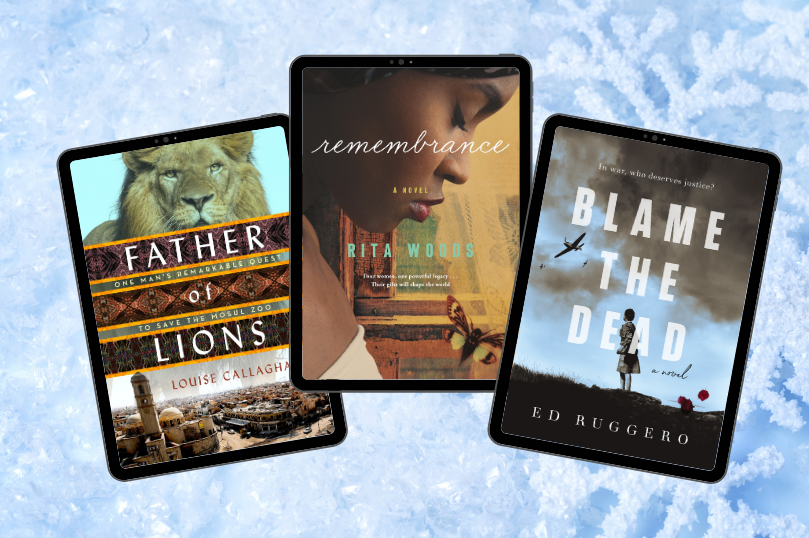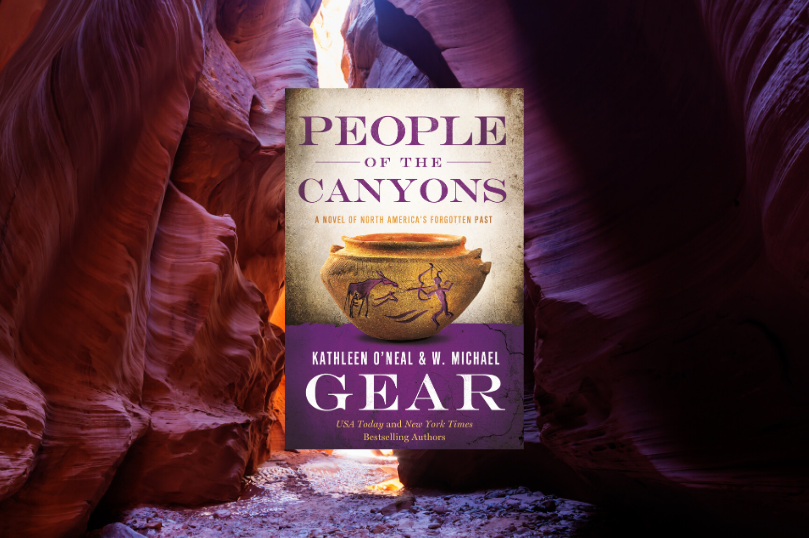
Forge’s June $2.99 eBook Sale
The eBook editions of Irish Country Wedding by Patrick Taylor, The Lights of Sugarberry Cove by Heather Webber, and People of the Canyons by Kathleen O’Neal Gear and W. Michael Gear are on sale for the month of June for only $2.99 each! About Irish Country Wedding by Patrick Taylor: An Irish Country Wedding is another heart-warming tale…


